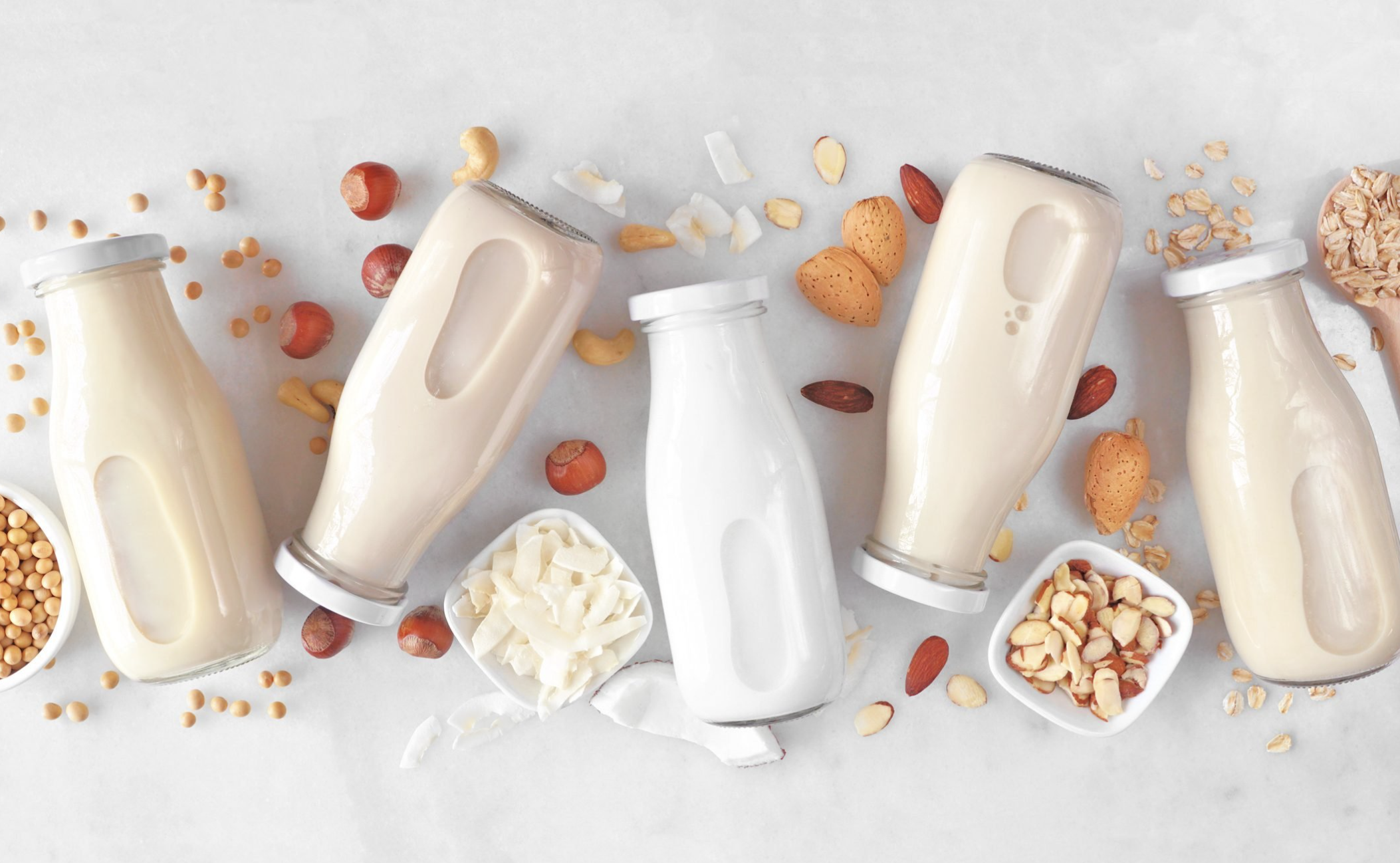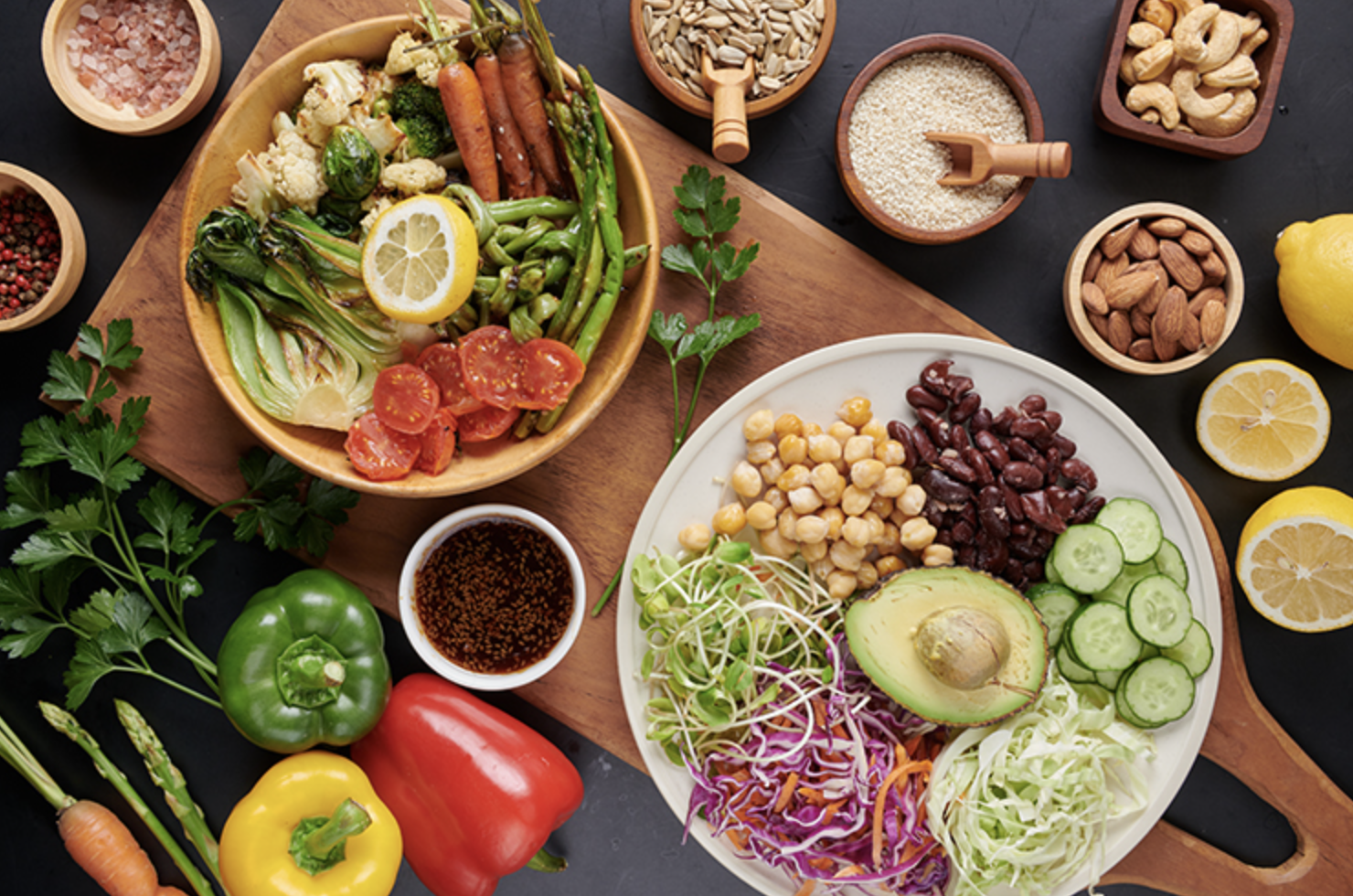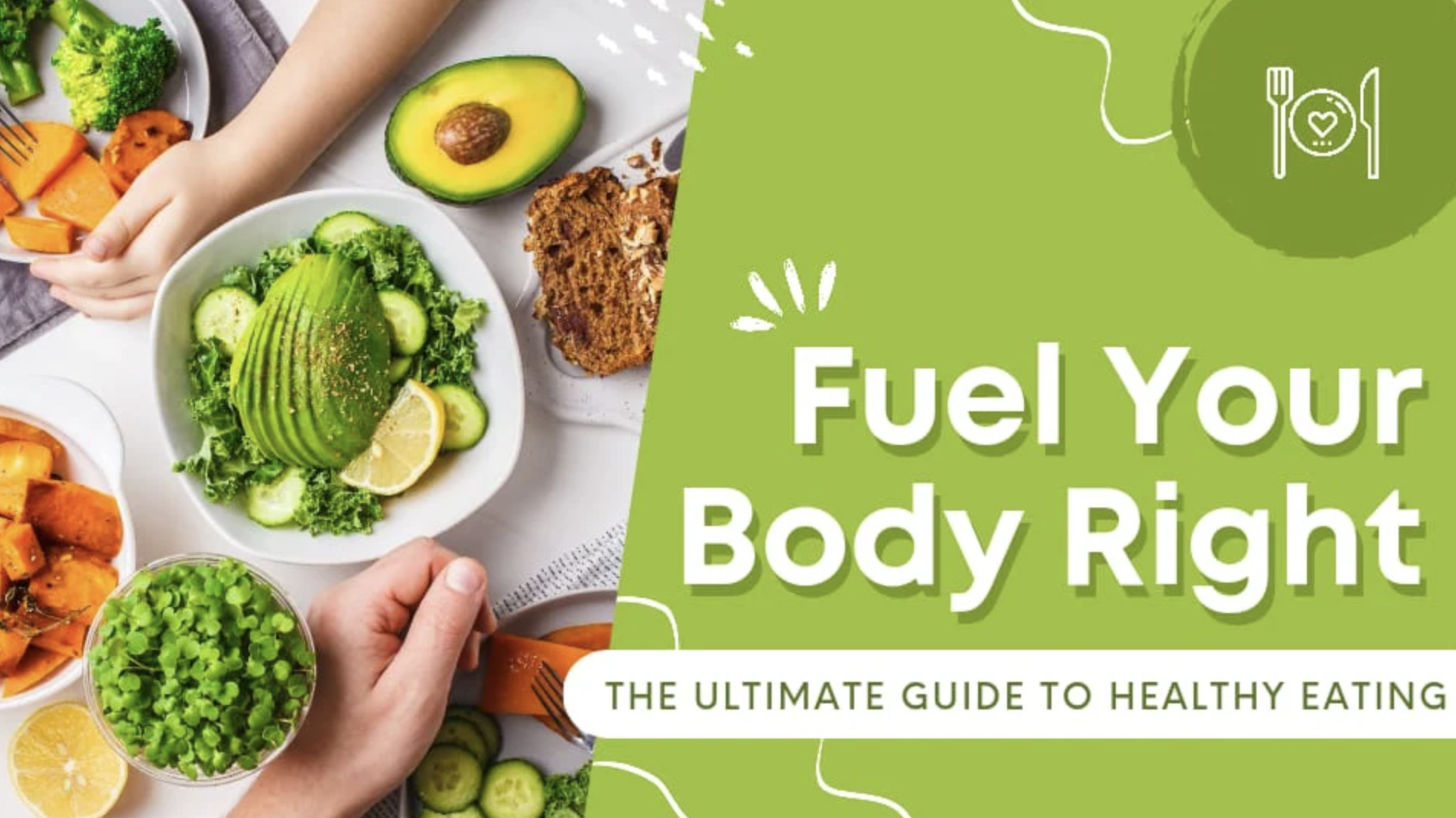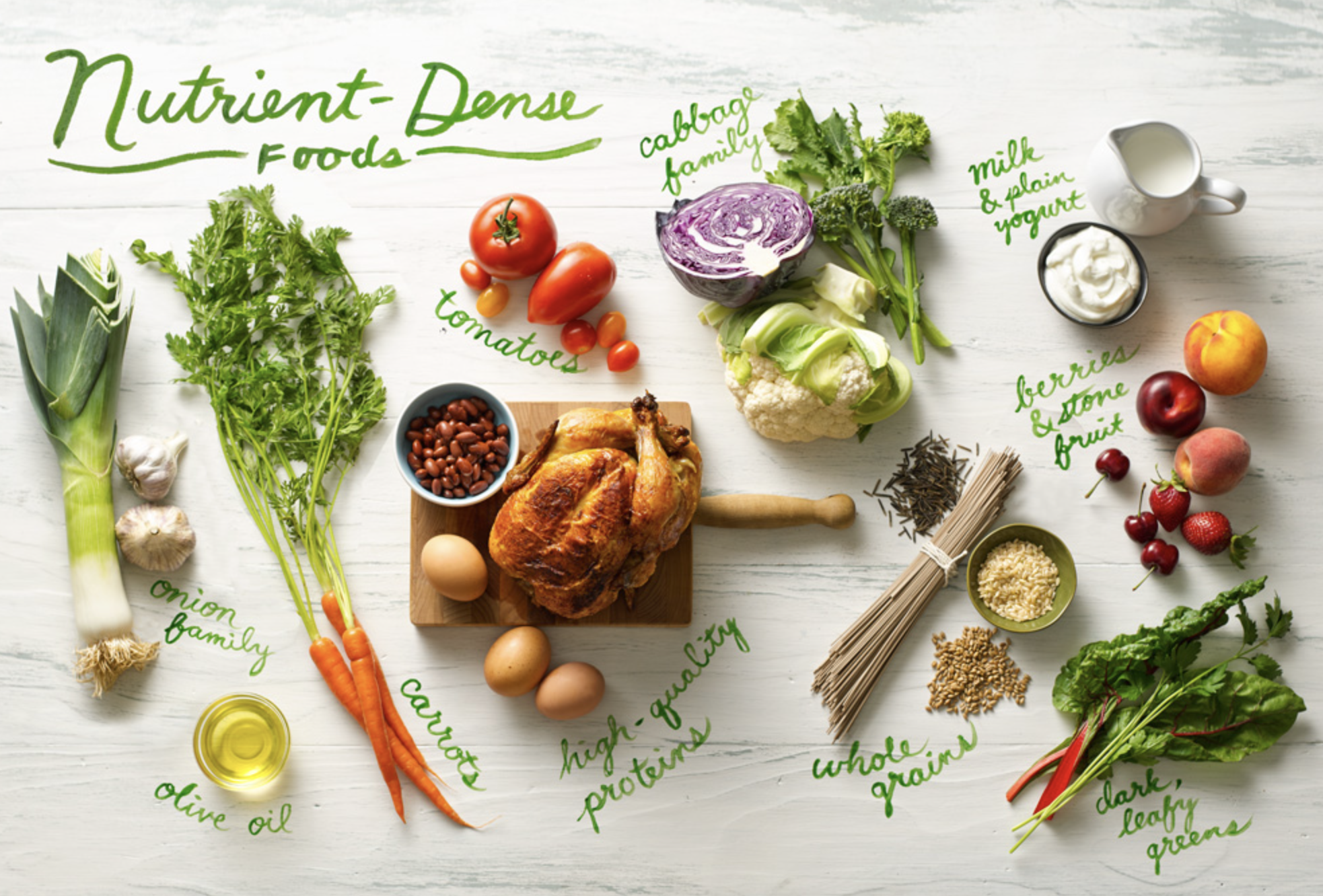Nutrition Tips for a Healthier You
Embark on an exciting journey of exploration with our ultimate guide, "Nutrition Tips for a Healthier You". Unearth the secrets of a vibrant life, and let your taste buds dance with delight. Dive in, the adventure to a healthier you awaits!

Start Your Day Right with a Balanced Breakfast
Embarking on a journey toward optimal health begins with the very first meal of the day. A balanced breakfast sets the stage for sustained energy levels and aids in managing hunger throughout the day. It's essential to incorporate a variety of nutrients in your morning meal to fuel your body and mind. A combination of proteins, such as eggs or Greek yogurt, with healthy fats from sources like avocados or nuts, and complex carbohydrates found in whole grains or fruits, can provide a comprehensive and satisfying start to your day. These elements work together to stabilize blood sugar levels, keeping you alert and focused. Additionally, integrating foods rich in fiber can support digestive health from the morning onward, making it a cornerstone for a day filled with nutritious choices. Opting for whole, unprocessed foods in your breakfast not only nourishes your body but also sets a positive tone for the meals that follow. Experimenting with different food combinations can keep your morning routine exciting and ensure you're covering a broad spectrum of essential nutrients. Whether it's a smoothie packed with leafy greens and seeds, oatmeal topped with fresh berries and a dollop of nut butter, or a veggie omelet with a side of whole-grain toast, choosing a balanced breakfast is a fundamental step in your nutrition journey for a healthier you.
The Power of Hydration: Drink Enough Water Daily
Hydration stands as a cornerstone of optimal health, playing an essential role in numerous bodily functions. Beyond its critical duty in regulating body temperature and aiding digestion, adequate water intake is instrumental in maintaining cellular health and facilitating the transport of nutrients throughout the body. For those aiming to lead a healthier lifestyle, aiming for 8-10 glasses of water daily is a foundational goal. However, hydration doesn't have to be mundane. Introducing variety through herbal teas, coconut water, or water infused with fruits and herbs can make meeting your daily water intake more enjoyable and flavorful. These alternatives not only provide the hydration your body craves but also introduce additional antioxidants and nutrients that can enhance overall wellness. It's important to listen to your body's signals for hydration, especially before, during, and after exercise, or in hot weather when your need for water increases. Keeping a reusable water bottle on hand is a practical tip to ensure you're consistently replenishing your fluids throughout the day. Embracing hydration as a daily habit can significantly impact your energy levels, skin health, and even weight management efforts. Remember, your body depends on water to thrive, so make hydration a priority in your journey toward a healthier you.
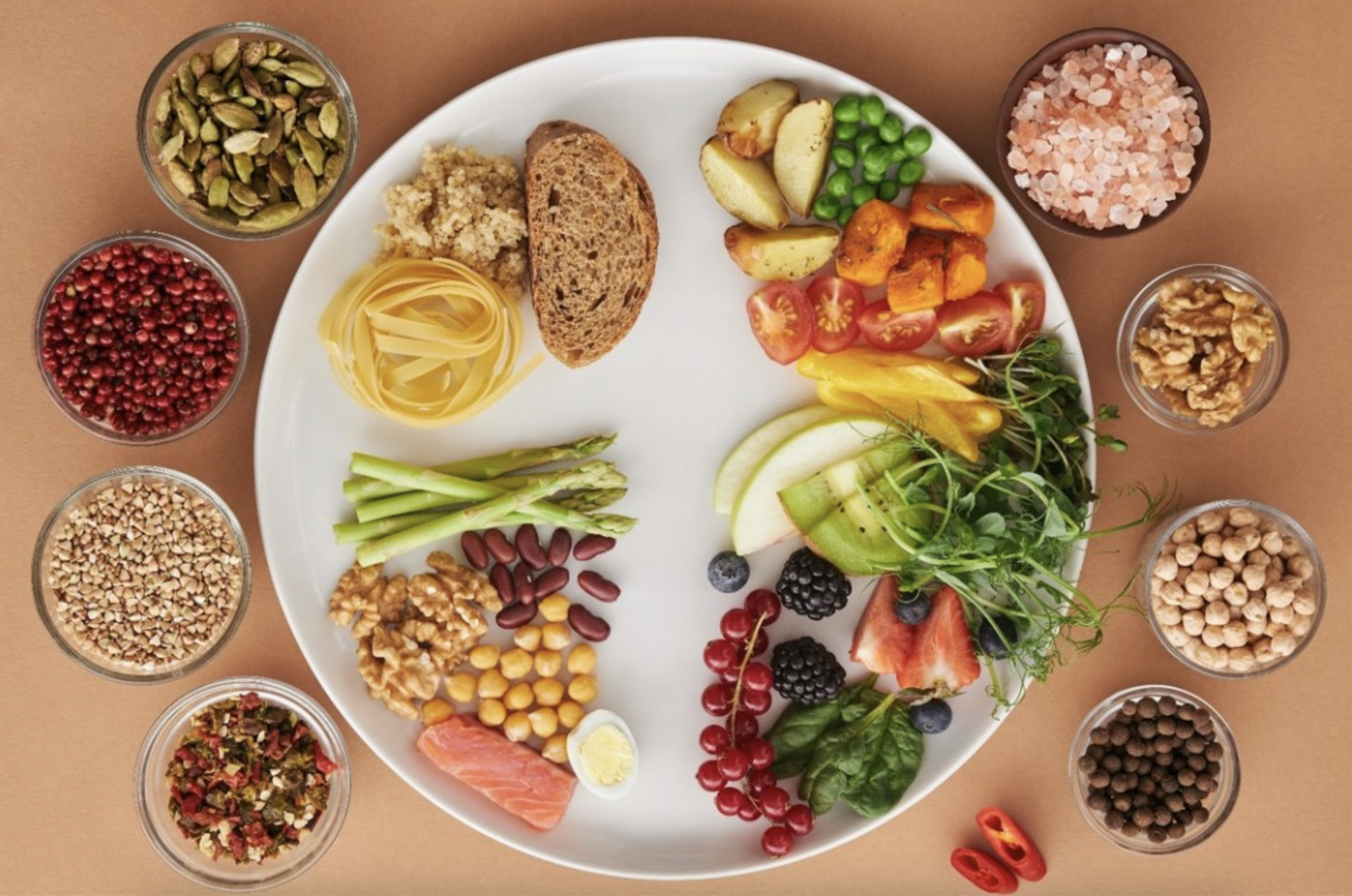
Incorporate More Whole Foods into Your Diet
Transitioning to a diet rich in whole foods is a powerful step towards enhancing your nutrition and vitality. Whole foods, including vegetables, fruits, grains, nuts, seeds, and lean meats, offer a plethora of essential nutrients that processed foods lack. These natural, unrefined foods contribute significantly to our health by providing a spectrum of vitamins, minerals, fiber, and antioxidants that support bodily functions from immune response to energy production. To embrace a whole foods diet, start by exploring local farmers' markets for fresh produce, select unprocessed meats, and choose whole grain options over refined ones. Integrating a diverse array of these foods ensures you receive comprehensive nutrition. For instance, blending leafy greens into smoothies, snacking on raw nuts, and incorporating whole grains like quinoa or farro into meals can effortlessly increase your intake of whole foods. This shift not only nourishes your body but also encourages a more mindful approach to eating, where you become attuned to the natural tastes and textures of food, fostering a healthier relationship with your meals.
Understanding Portion Control and Mindful Eating
Mastering portion control and the art of mindful eating are essential skills for maintaining a healthy and balanced diet. It involves tuning into your body's hunger and fullness signals, a practice that helps avoid overeating. When you eat mindfully, you're fully present during meals, appreciating the flavors, textures, and aromas of your food. This approach allows you to enjoy your meals without overindulgence and encourages a more harmonious relationship with food. To practice portion control, consider using smaller plates or bowls, which can naturally help reduce the amount of food you serve yourself. Additionally, when serving meals, try to fill half of your plate with vegetables, a quarter with lean protein, and the remaining quarter with whole grains to ensure a well-balanced meal. During mealtimes, take the time to chew thoroughly and put your utensil down between bites, which can aid in digestion and allow your body to better recognize when it is full. Avoid distractions such as TV or smartphones during meals, as they can lead to mindless eating. By adopting these strategies, you'll find yourself eating less while still feeling satisfied, a key factor in achieving and maintaining a healthier lifestyle.
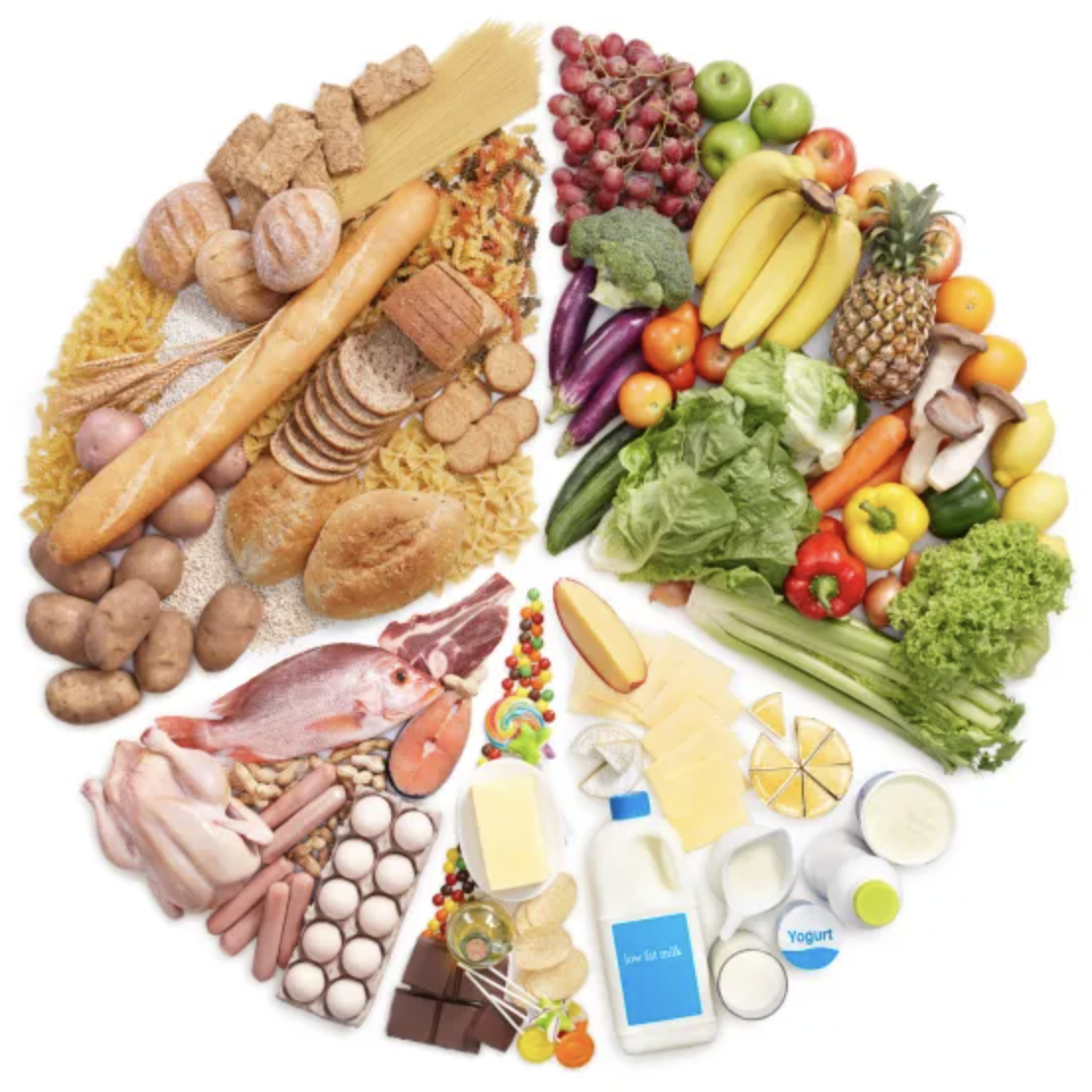
The Importance of Including Healthy Fats in Your Diet
Integrating healthy fats into each meal is pivotal for maintaining a diet that supports heart health, brain function, and reduces inflammation. Unlike saturated and trans fats which are detrimental to our health, monounsaturated and polyunsaturated fats found in foods such as avocados, nuts, seeds, and high-quality oils like olive oil, provide essential fatty acids our bodies cannot produce on their own. These fats are not only crucial for absorbing vitamins A, D, E, and K but also for fueling brain health and stabilizing mood. One practical tip for incorporating more healthy fats into your diet is to choose snacks that are rich in these nutrients. For example, swapping out chips for a handful of almonds or adding a slice of avocado to your morning toast can significantly boost your intake of healthy fats. When cooking, opt for olive oil or avocado oil instead of butter or other fats high in saturated fat. This simple switch can make a substantial difference in your overall fat consumption, steering you towards a healthier dietary pattern. Embracing these fats as part of a balanced diet enhances not only the flavor of your meals but also their nutritional profile, supporting your journey towards a healthier lifestyle without compromising on taste or satisfaction.
Reduce Sugar Intake for Better Health Outcomes
Cutting down on sugar is a vital strategy for enhancing your health profile. The adverse effects of excessive sugar consumption are well-documented, contributing to chronic conditions such as type 2 diabetes, heart issues, and unwanted weight gain. To mitigate these risks, focusing on foods with natural sugars and avoiding products with added sugars is key. For instance, when craving something sweet, opt for fruits like berries or apples, which offer the added benefits of fiber, vitamins, and antioxidants. When it comes to beverages, replacing sodas and sweetened drinks with water, herbal teas, or seltzer water infused with a slice of lemon or lime can drastically reduce your sugar intake. Furthermore, when baking or cooking, consider using alternatives like pureed fruits, cinnamon, or vanilla extract to add sweetness without the sugar. Reading food labels diligently to identify hidden sugars in packaged foods can also help you make more informed choices. By making these adjustments, you can significantly decrease your sugar consumption, paving the way for improved health and a reduction in the risk of sugar-related diseases.
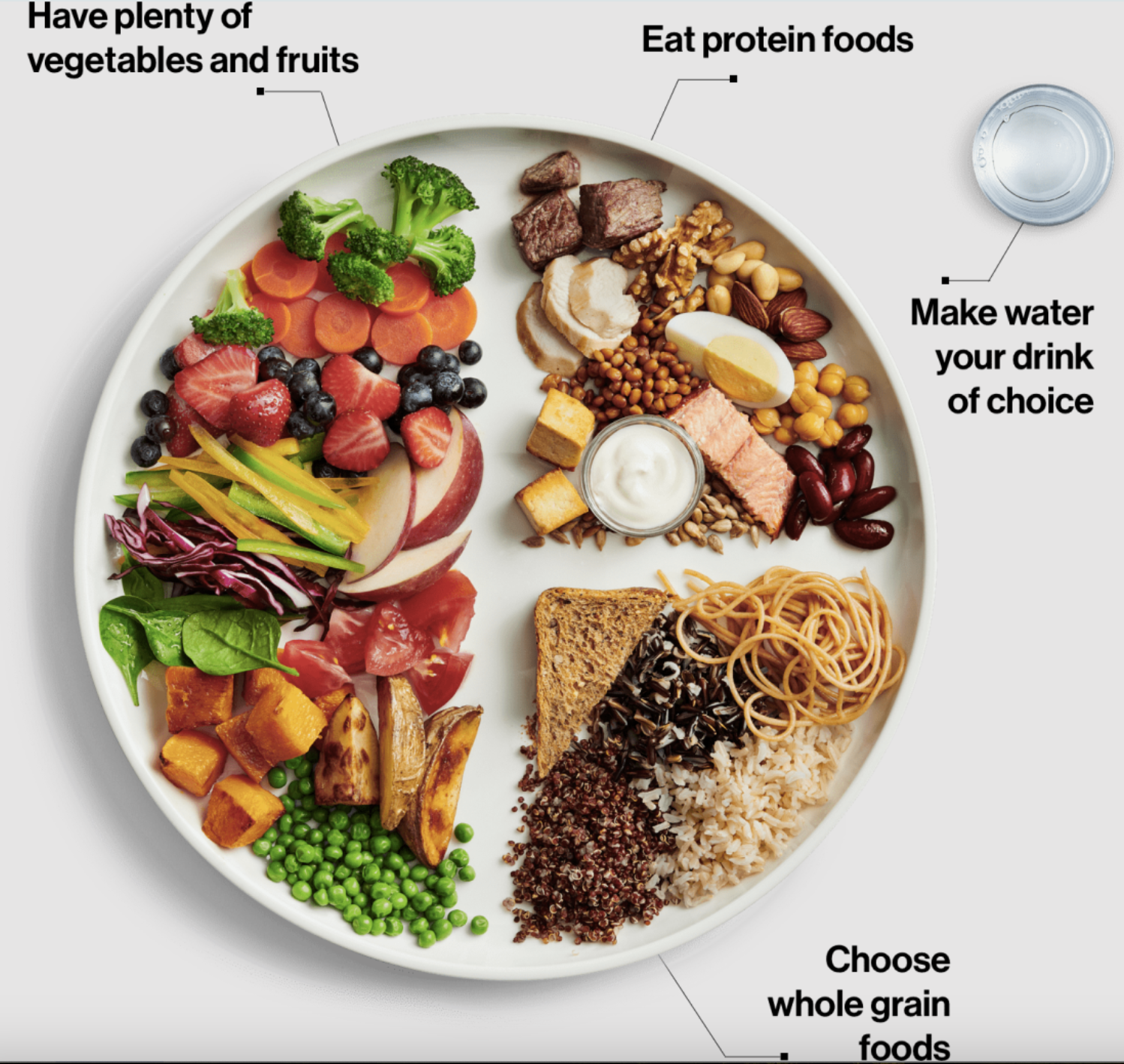
The Role of Fiber: Why It’s Essential for Digestion
Fiber is an indispensable component of a healthy diet, serving as the foundation for optimal digestive function and gut health. It aids in the smooth transit of food through the digestive tract, reducing the risk of constipation and supporting a balanced microbiome. A diet rich in fiber is also linked to numerous health benefits beyond digestion, including lower cholesterol levels, better blood sugar control, and a reduced risk of developing chronic diseases such as heart disease and diabetes.
To ensure you're getting enough fiber, focus on incorporating a diverse range of plant-based foods into your meals. Fruits and vegetables are not only fiber-rich but also loaded with essential vitamins and antioxidants. Whole grains and legumes, such as beans, lentils, and peas, are other excellent sources of fiber that can easily be added to various dishes, from salads to soups. Additionally, nuts and seeds, besides being good sources of healthy fats, provide an extra fiber boost.
Keep in mind that increasing fiber intake should be a gradual process accompanied by plenty of water to aid in its digestion and prevent bloating. Experimenting with different sources of fiber will not only benefit your digestive system but also add variety and flavor to your diet. Aim for the recommended daily intake of 25-30 grams of fiber to harness its full health-promoting potential.
You May Also Like:

